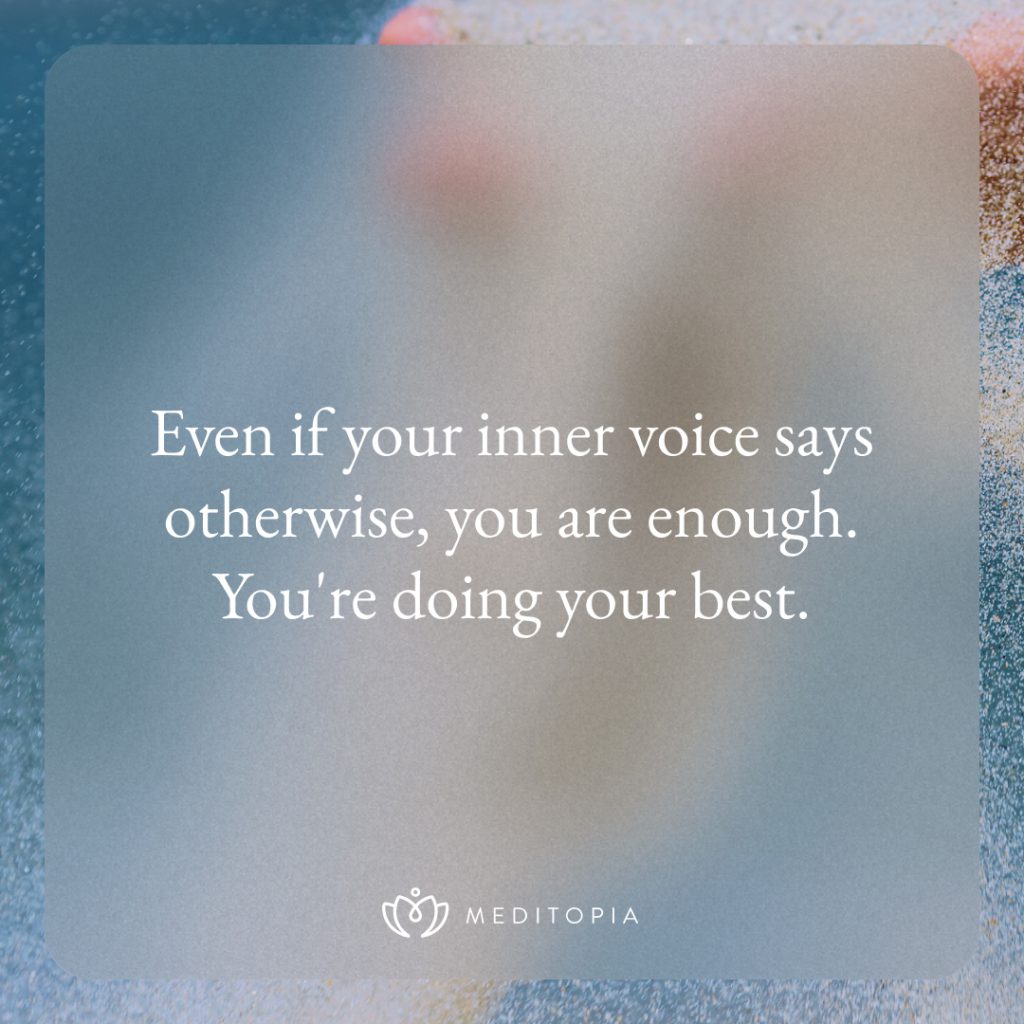Self-Confidence: Discover the power of believing in yourself

Self-confidence is a concept that greatly affects our daily lives. People with high self-confidence often trust their abilities more, are more determined, and are solutions-oriented. As our self-confidence increases, we tend to perform better at work, experience more fulfilling relationships, and we don’t hesitate to seek out and explore new experiences.
The expectations of society, family, and people close to us often have visible impact on our self-confidence and self-worth. It’s almost impossible to avoid feeling inadequate or experience lower self-confidence when expectations begin to soar. For example, as unrealistic as it may be, sometimes we expect ourselves not to make any mistakes at all and feel bad even after the slightest one. However, it’s only natural to mess up every once in a while and it’s often a powerful learning experience. That said, it’s not only our own expectations that impact our but also those of others as well. Someone making a negative comment about us, for instance, can lead us to start doubting ourselves.

It’s not easy to maintain an objective approach to situations that negatively affect our faith in ourselves. However, when you doubt yourself, leaving room for the possibility of a reality that you cannot quite see or come to terms with right now is, in itself, a step toward change. Instead of immediately believing the assumptions that damage your self-confidence, it could be more useful to ask “What if that’s not actually how it is?”
Let’s have a look at your inner voice… Do you ever hear a voice in your mind, judging you harshly? If the answer is yes, don’t worry, you’re not alone. That voice, that inner critic, exists within all of us. But, how does that voice come to be? Experiences we had in childhood, how our families approached self-worth, and the society we grew up in all affect the way we perceive ourselves. In the first few years of our lives, we internalize how our parents or caregivers respond to our needs and build on that to develop our own ways of responding to and taking care of ourselves. So, that inner voice is often shaped by what was modeled for us in our environments growing up.
Identifying how your talk to yourself can be a great place to start when it comes to boosting your self-confidence. You might have unknowingly adopted a harsh, judgmental, and inconsiderate attitude toward yourself. Does that inner voice contain any judgment? Do you get angry at yourself when you fail to meet your expectations? Do you ever berate yourself, saying, “You always do this!”? Do you have a hard time accepting your mistakes? Where do you think your belief that you can’t do a certain thing stems from? Have you ever had similar experiences or have others’ reactions reinforced this belief?

Questioning the validity and possible origins of your inner voice will be very useful in reviewing your perception of yourself. By observing your perception of yourself and your inner voice, you’ll see how they lead you to act and feel. Maybe writing down what you notice will also help clarify how you’re feeling about yourself. Then, you can try thinking about your strengths and even making a list of them to continue to boost your faith in yourself.
Such practices deepen your insight into your loss of self-confidence and offer different points of view. As you make a habit of this sort of self-inquiry, you’ll be able to approach yourself more gently, blame yourself less, and be able to forgive yourself with ease. When you’re able to accept yourself in all shapes and states, one single negative experience won’t be able to shake your self-confidence so easily.
Now, let’s take a look at your approach to the positive developments in your life… Do you appreciate your achievements? I’m not talking about concrete achievements that have already gotten you external approval. Can you appreciate the little achievements in your daily life? For example, waking up in the morning without snoozing the alarm, voicing an unmet need even if it was difficult for you, or taking the first step toward an endeavor just as it seemed to get more and more difficult in your mind… According to Cognitive Behavioral Therapy, we’re more likely to repeat a behavior that makes us feel good as a result. So, as you appreciate yourself more, the frequency of actions and behaviors that boost your self-confidence will also increase. Therefore, it will get easier to believe that you’re stronger and more successful than you think.

Self-confidence also has to do with control. When we’re confident, we usually feel more in control. And when we’re lacking self-confidence, we feel less in control, more helpless, and powerless. We don’t quite feel good in situations where our capacity to act is limited, right? Distinguishing between what we can and cannot control can be immensely effective in restoring our self-confidence. For example, it’s up to me to study as much as I can for an important exam. However, there’s no point in blaming myself for situations that I have no control over throughout the process. At moments when you feel powerless to act, distinguishing between what you can and cannot control can help you adopt a more active attitude in life.

Finally, I’d like to remind you that you can benefit from the guidance of positive experiences. The fact that you have come so far today shows that you’ve overcome many difficulties. At times when you lack confidence, draw your strength from the pleasant feeling such experiences bring up for you and act. Once past moments of self-confidence light the way, you can see more clearly that many more confidence-boosting experiences await you in the future.




